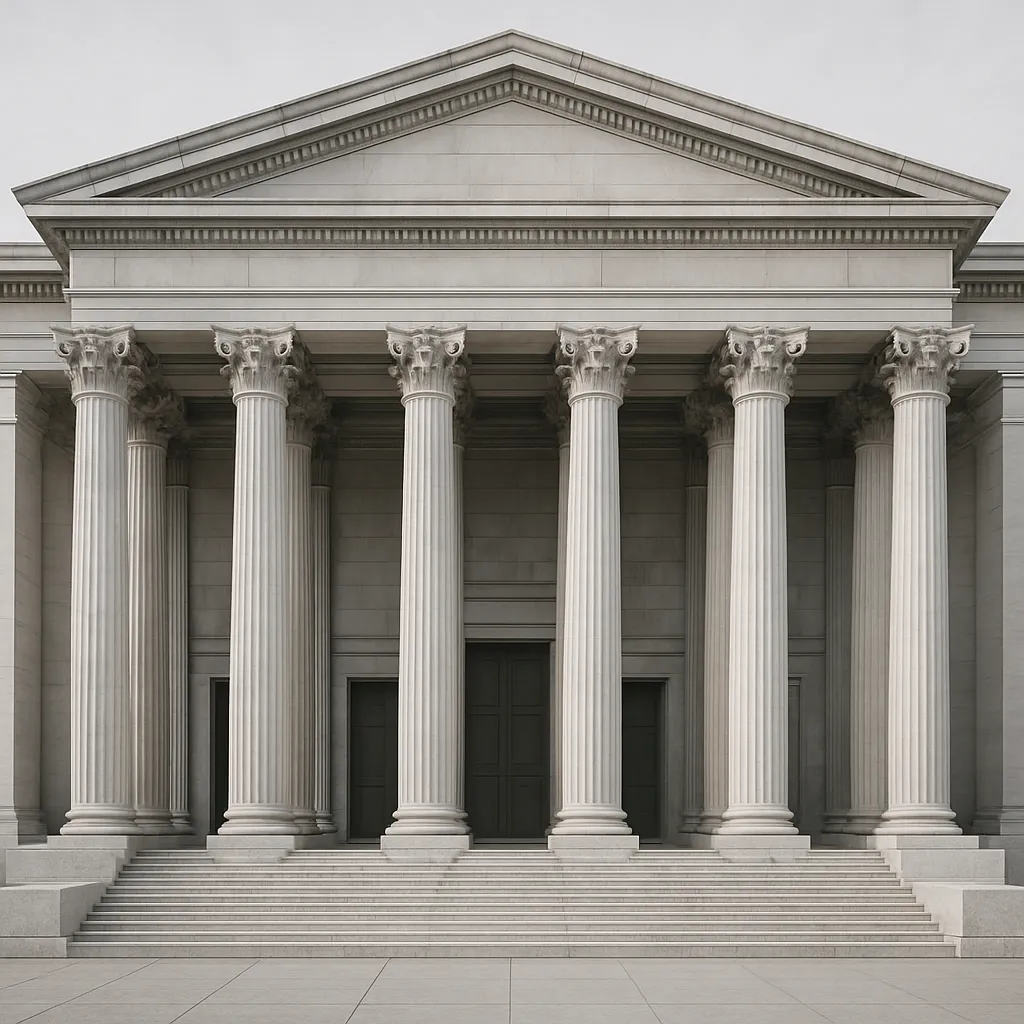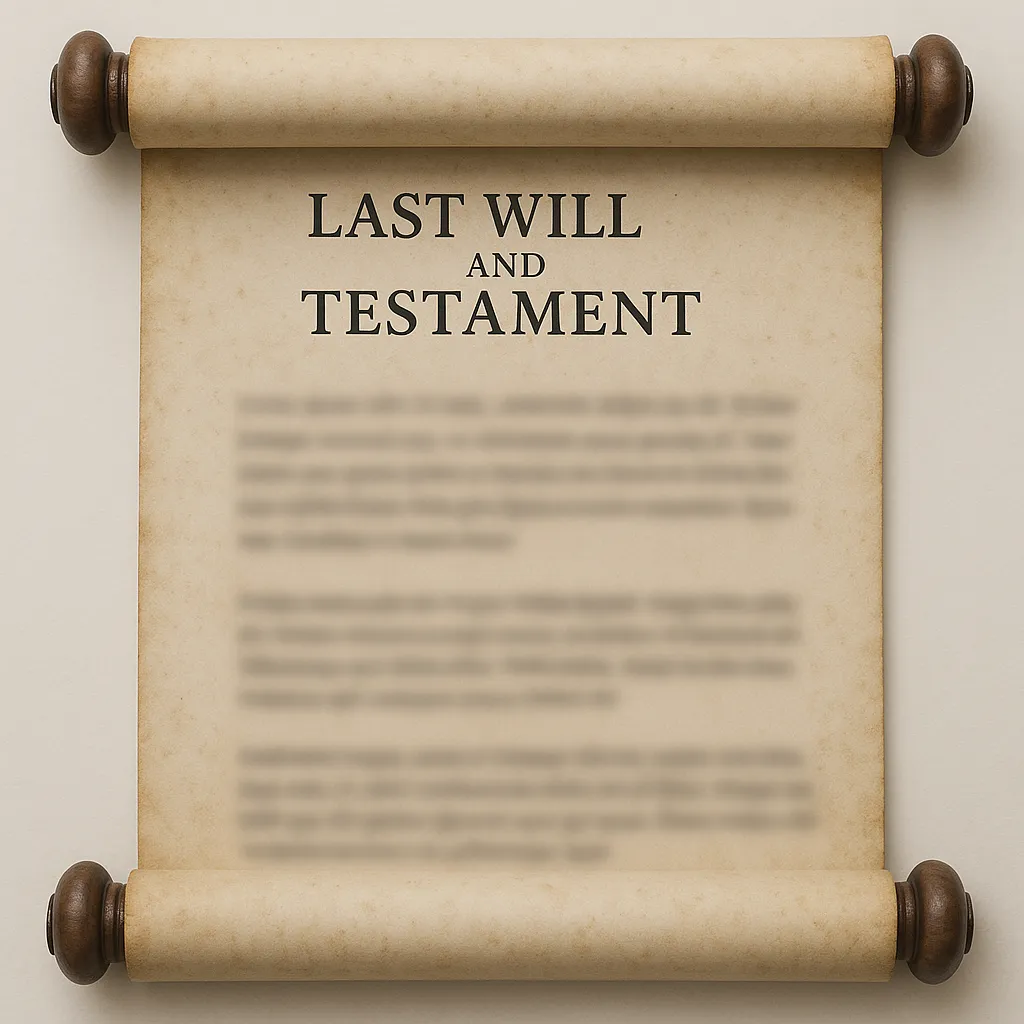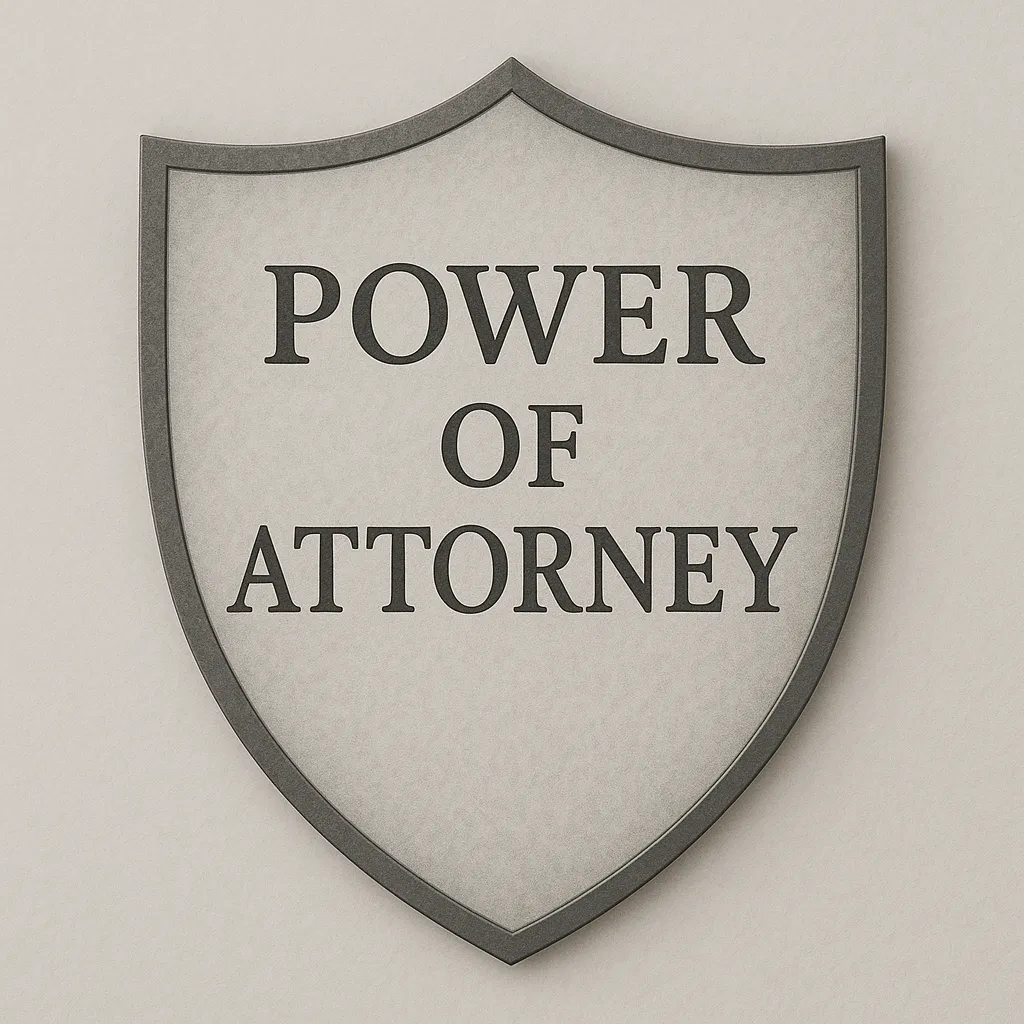
Secure You Legacy Trusts, Wills, & Power of Attorney
Take control of your estate planning with our 3 Pillars approach. The Conversation, Estate Plan, and software vault. Update your documents anytime without expensive attorney visits. Professional guidance and notarization included.
Complete Estate Planning Solutions
From simple wills to complex trust structures, we provide comprehensive legal document services with innovative software tools for lifetime flexibility and control.

Living Trusts
Protect your assets and avoid probate with our comprehensive trust solutions
Revocable Living Trusts
Asset Protection Planning
Probate Avoidance
Tax Optimization Strategies

Wills & Testament
Ensure your wishes are honored with legally binding will documents
Last Will & Testament
Guardian Designations
Asset Distribution Planning
Digital Asset Management

Power of Attorney
Secure your future with comprehensive power of attorney documents
Financial Power of Attorney
Healthcare Directives
HIPAA Authorizations
Living Will Documents
Real Families with Real Protections
See how our innovative estate planning software has helped families across the country secure their legacy with professional guidance and affordable solutions.
Saving Money
Estate planning
All 50 States
Same Day Results
No Appointment
No Attorney Fees
Living Trust Created in 30 Minutes
Same Day Service

Peace of Mind Secured
Healthcare Directives
All Documents Legally compliant
24/7 access
Allow access to others


Children's Future Protected
Ensure your equity transfers within family
Comprehensive Will and Power of Attorney
The Gift to your family after your gone
Expert Guidence
FAQs
Answers to Your Top Estate Planning Questions with Keys Trust
What's the Key Difference Between a Will and a Trust for Estate Planning?
A will is a legal document that dictates how your property will be distributed after you pass away. It is only effective upon your death and must go through a court process called probate to be validated.
A trust is a legal entity that holds your assets for the benefit of your beneficiaries. It becomes effective the moment it's created and funded. Assets in a trust can be distributed privately and without probate, saving time and money. A trust can also be used to manage assets if you become incapacitated during your lifetime.
How Can a Living Trust Help Me Avoid Probate in Port St. Lucie, Florida?
By placing your assets into a living trust, you're essentially transferring ownership from yourself to the trust. When you pass away, the assets are already legally owned by the trust, so they don't have to go through the public, court-supervised process of probate in Vero Beach, Florida. This allows your successor trustee to distribute your assets directly to your beneficiaries, providing a much faster and more private settlement process.
Do I Need Both a Will and a Trust for a Complete Estate Plan?
Yes, it's generally recommended to have both. A trust only covers the assets you've formally transferred into it. A "pour-over" will acts as a safety net for any property you may have forgotten or acquired after creating the trust. It ensures that any remaining assets that would have gone through probate are "poured over" into the trust after your death, to be managed and distributed according to its terms. A will is also the only document that can nominate a legal guardian for minor children.
What Are the Costs of a Will vs. a Trust?
A will is typically less expensive to create upfront, often costing a few hundred dollars. However, the costs associated with probate (court fees, attorney fees, etc.) can be significant and are paid from your estate after your death.
A trust has a higher initial cost, often ranging from a few thousand dollars, as it's a more complex legal document that requires careful preparation and funding. Despite the higher upfront cost, a well-drafted and funded trust can save your beneficiaries substantial time and money by avoiding probate entirely.
Will a Trust Keep My Estate Private?
Yes, trusts offer significant privacy. When a will goes through probate, it becomes a public record, meaning anyone can access the document and see who inherited what. A trust is a private legal document, and its details, including your assets and beneficiaries, are kept confidential. This privacy is a major advantage for many families who wish to keep their financial affairs out of the public eye.
What Are the Risks of Not Having a Will or Trust?
Without a legally valid will or trust, your estate may be subject to your state’s intestacy laws. This means the court will decide how your assets are distributed, and it may not align with your wishes. In addition, your estate will be required to go through the lengthy, public, and expensive probate process. The absence of a trust means your family's financial details will become a matter of public record, and a judge will have to appoint a guardian for your minor children, rather than a person you chose. A solid estate plan provides peace of mind, protecting your family, your privacy, and your legacy.